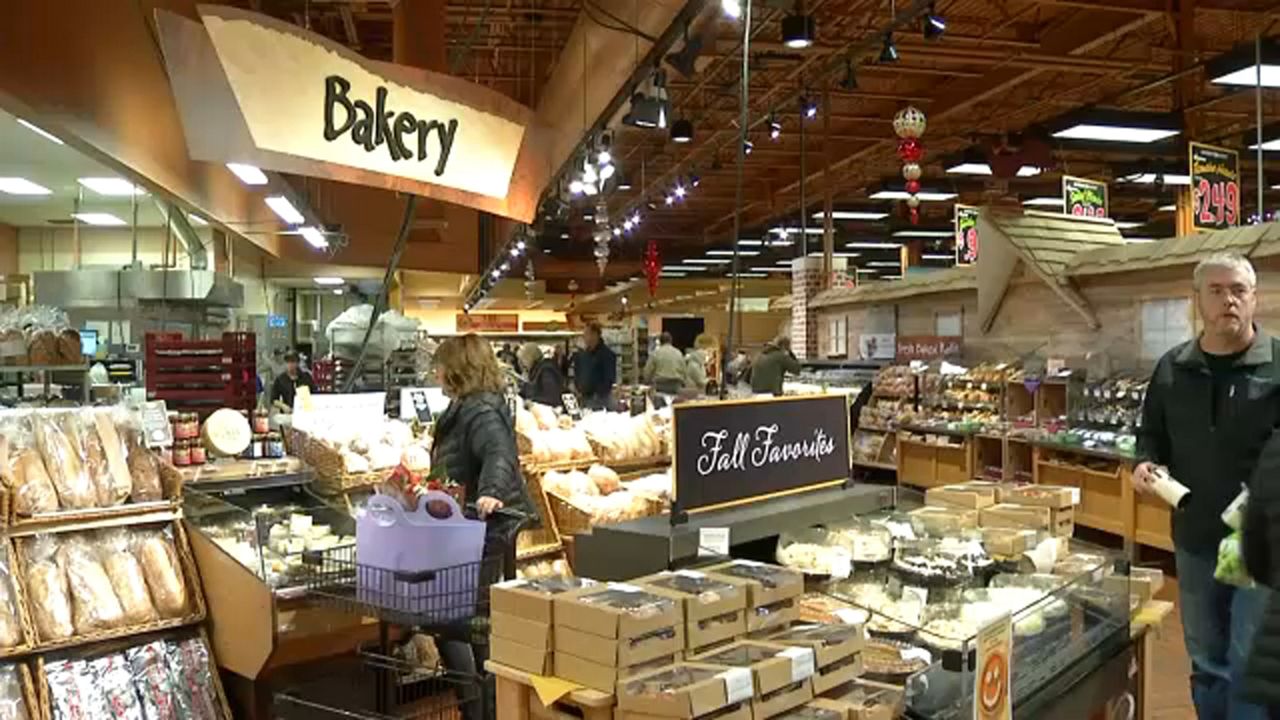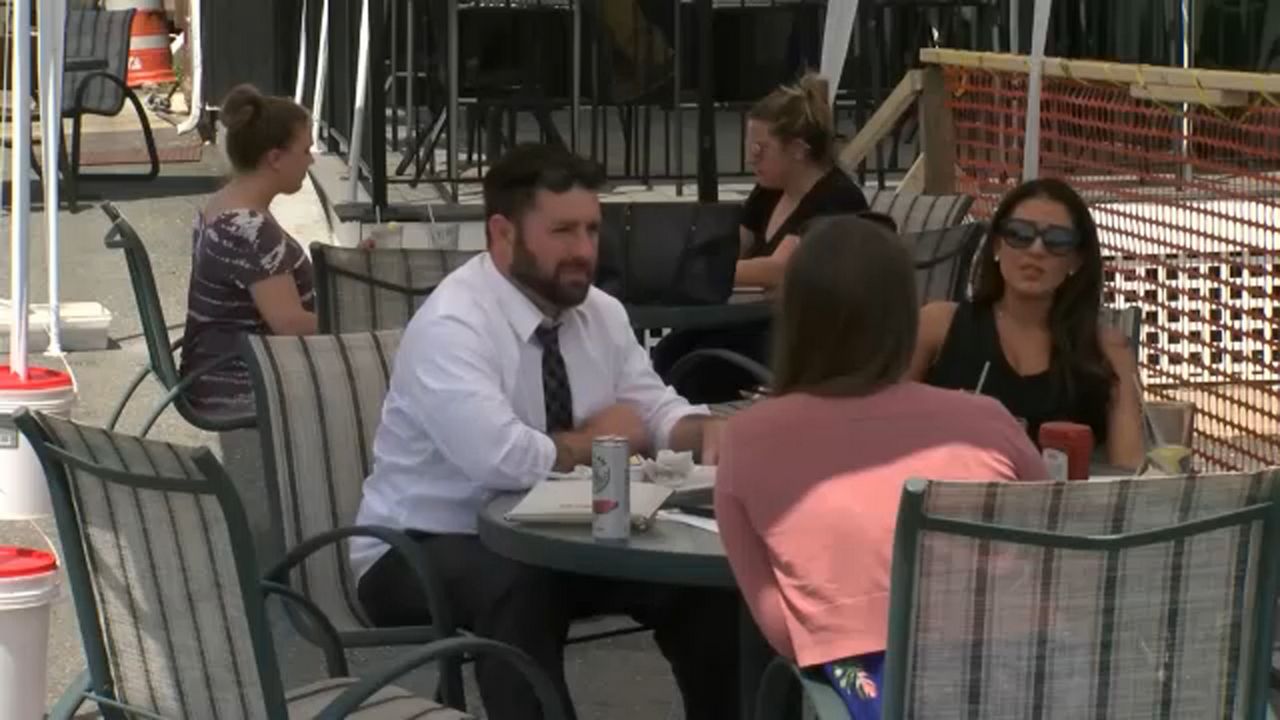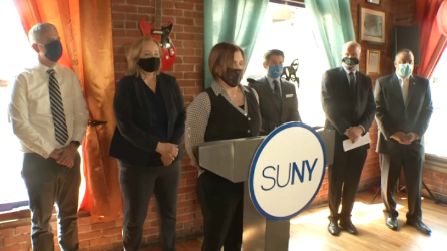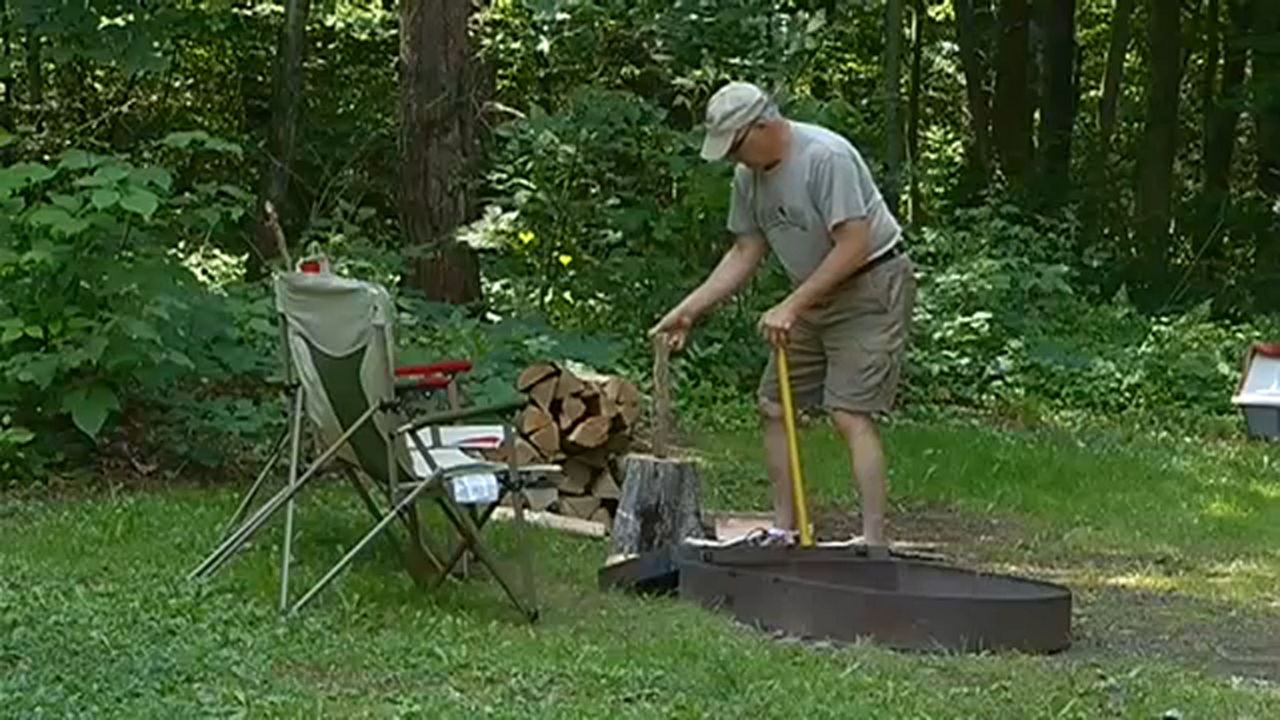Governor Andrew Cuomo warned on Saturday the state will need thousands of additional pro bono attorneys to deal with new cases stemming from the coronavirus pandemic.
According to the Harvard Law Review blog, newly minted attorneys are well-suited for this work, but the Court of Appeals has delayed the state bar exam until September. Greenberg Traurig Shareholder Henry M. Greenberg is the President of the New York State Bar Association.
“The Court of Appeals is developing rules that would allow graduating law students to practice law under certain circumstances, with the understanding that they will eventually take the bar exam,” Greenberg told Spectrum News.
But what happens if graduating law students practice for say, 18 months, while the pandemic dies down? It’s a concern for Touro College Provost Patricia Salkin. Touro is home to the Jacob D. Fuchsberg Law Center.
“It kind of seems silly,” she said. “You’re now a year and a half, two years removed from your graduation date, and now you have to go back and study for your bar exam that’s testing mostly rote memorization.”
Law school deans from around the state apparently agree. They wrote a letter to Court of Appeals Chief Judge Janet DiFiore expressing their desire to have some sort of degree alternative in place for this year’s graduates.
According to Salkin, “This is really just trying to address the current crisis for the class of 2020 in the context of what’s going on, while at the same time, acknowledging we are just widening the access to justice gap and that young lawyers tend to be a good group of people that can help with pro bono and access to justice issues.”
The New York State Bar Association’s Hank Greenberg says the bar is working on meeting the state’s projected need for pro bono attorneys.
“The bar is in the process of developing the existing resources in New York statewide, from Niagara Falls to Montauk, to make sure we have a sufficient number of attorneys that can provide pro bono services,” he said.
Still, Salkin says, her concern is with the class of 2020.
“[They are] waiting with bated breath, sitting on the edges of their chairs, worried about their jobs, worried about their income, worried about when they can take the bar exam, when they can be a lawyer, and they want the profession to be welcoming them with open arms and not putting up any more barriers,” she said. “They have student loans that are going to be due and they need to get on with their lives.”










